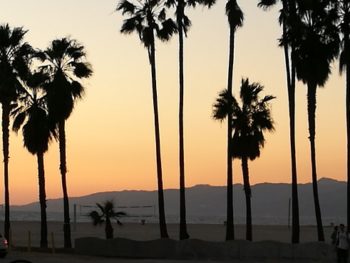We have seen in the previous two chapters that the money supply increases in two ways:
1: central banks print money and lend it to banks or buy government bonds
2: banks lend money to companies and individuals such as an car loan and mortgage
Today we look at the consequence of the increase in the money supply: inflation.
What is Inflation?
Today you pay 2 dollar for your bread, tomorrow 2.50 that is inflation. You have to work longer to keep up your life style. That is inflation!
Consequence 1: you have to work longer to buy the same
Imagine you earn $2 dollar an hour (this is still lot in china), bread price goes up 50 cents, now you have to work longer (15 minutes) to buy that bread. Your pay doesn’t go up when bread is getting more expensive. Maybe, at the end of the year, you get a pay rise, but never enough to fully compensate for inflation.
Why does your pay rise never compensate for the inflation?
There are two types of inflation: the real inflation and inflation that the government and central bank jointly calculate. The real inflation is always higher than the government calculated inflation, because government derives inflation from certain selected goods with a low inflation. Wage increases are based on the calculated inflation.
Example:
In 2010 the meat price increases from 1,00 dollar, to 1, 10 cents. This is a 10% increase or 10% inflation. In the same year bread goes from 1,00 dollar to 1,25 dollar, that is a 25% increase or 25% inflation. Based on this information the government states the inflation in 2010 is 10% based on the meat price.
In 2011 the meat price increases from 1,00 dollar, to 1, 20 cents. This is a 20% increase or 20% inflation. In the same year bread goes from 1,00 dollar to 1,15 dollar, that is a 15% increase or 15% inflation. Based on this information the government states the inflation in 2011 is 15% based on the bread price. In 2011
The government always takes the product with the lowest inflation. In reality the inflation is higher, all the other products have gone up more. So we have to work longer, and we do. Nowadays both man en woman have to work to make ends meet.
Consequence 2: your bank savings disappear
On your savings you get interest based on the government calculated inflation which is less than the real inflation. So over time your savings disappear. On the other hand, the interest on loans to companies and individuals, car loan, mortgage, etc. is determine by risk factors and less by inflation.
Conclusion
Central banks and banks create inflation, therefore you have to work longer to keep up your life style and your savings disappear. Next time we look at the history explaining why we have to pay for the profit of others.









